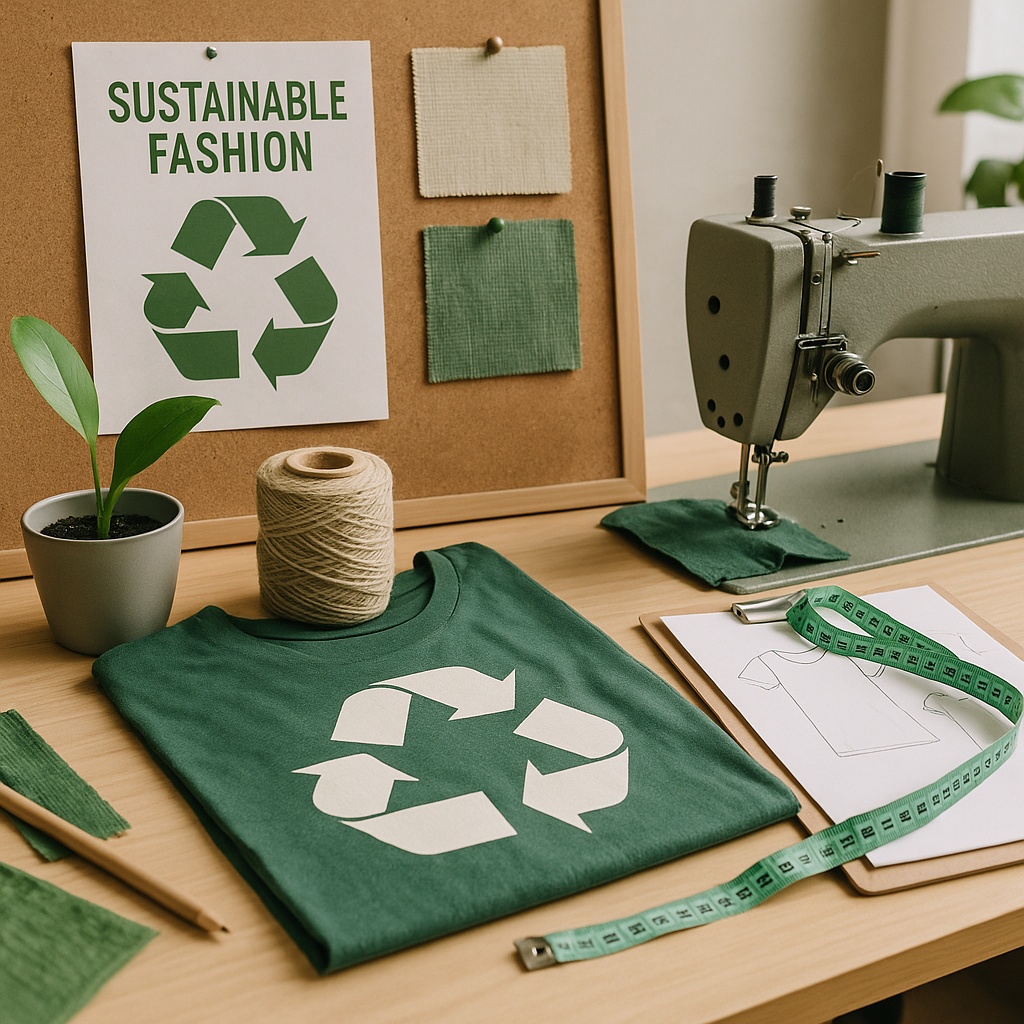Sustainability in apparel manufacturing is no longer an optional strategy—it has become a core pillar of responsible business practice. With increasing pressure from consumers, policymakers, and global supply chain stakeholders, brands must now prioritize eco-conscious operations to remain competitive and relevant. Sustainability spans far beyond the marketing appeal of “green fashion”; it involves the integration of ethical sourcing, circular production systems, reduced environmental impact, and long-term resource efficiency. At SustainTex Solutions, we work with manufacturers to reimagine the production lifecycle—from raw material selection to final delivery—by embedding green practices that serve both the planet and the bottom line.
One of the most impactful areas of sustainable transformation is material sourcing. Traditional textile production, which often relies on virgin cotton, synthetic fibers, and chemical-intensive processes, contributes significantly to pollution, water scarcity, and greenhouse gas emissions. Our clients are shifting to organic cotton, recycled polyester, hemp, and low-impact dyes to reduce their ecological footprint. These changes not only align with growing consumer demand for environmentally friendly clothing but also open new market opportunities, including eligibility for eco-labels and compliance with international sustainability frameworks like the Global Organic Textile Standard (GOTS) or the Higg Index.
Energy and water conservation also form essential components of sustainable apparel production. At SustainTex Solutions, we guide factories in auditing and optimizing their energy use, implementing solar-powered systems, upgrading to energy-efficient equipment, and reengineering dyeing and washing processes to minimize water waste. These interventions lower operational costs while significantly reducing the factory’s carbon footprint. In parallel, we support the integration of closed-loop systems that reuse wastewater, recover heat, and recycle excess fabric or off-cuts into new products—thus contributing to the circular economy and reducing landfill dependency.
Sustainable practices are also redefining labor relationships and brand integrity. Factories that operate transparently with fair wages, safe working environments, and community engagement strategies are more likely to attract global buyers and build long-term partnerships. Through workforce training and ethical sourcing audits, we help our clients not only meet compliance but also become leaders in social sustainability. Furthermore, incorporating digital tools such as sustainability dashboards and traceability software ensures that brands can track their impact in real time and showcase measurable progress to stakeholders.
Ultimately, sustainability is a competitive advantage and a future-proofing mechanism for apparel brands. It reduces waste, enhances efficiency, and boosts customer loyalty. In an industry where environmental accountability is increasingly tied to profit margins and regulatory access, adopting sustainable practices is not a trend—it’s a necessity. At SustainTex Solutions, we believe that the shift to sustainability is not just about doing less harm, but about designing systems that regenerate value, protect ecosystems, and build resilient businesses. Our approach is holistic, pragmatic, and aligned with the evolving demands of the global apparel market.
